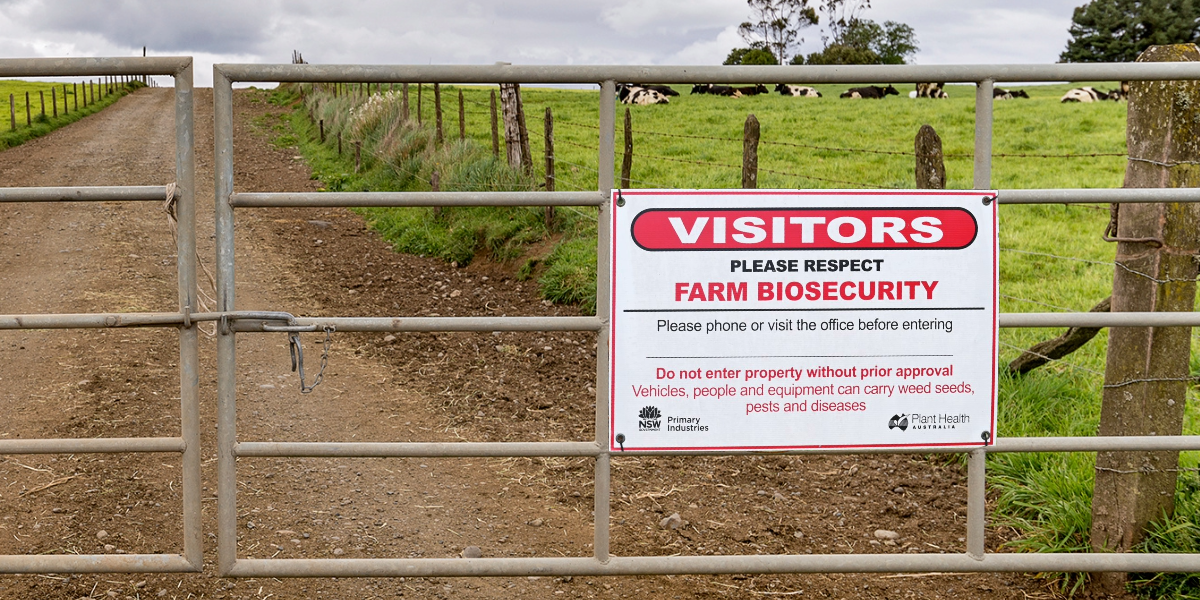A report by the Productivity Commission has raised a number of concerns about a proposed Biosecurity Protection Levy.
The National Farmers’ Federation says the Productivity Commission report, titled ‘Towards Levyathan? Industry levies in Australia’, raises numerous red flags about the policy’s design, and supports their view that the proposed Biosecurity Protection Levy is a deeply flawed policy.
The report is a review of the entire levy system. It argues that Australia used to have a single levy system, administered by the various incarnations of the Commonwealth Agriculture department in cooperation with the agricultural sector. That system still exists. But this research paper reveals that an ever-growing grab-bag of micro-taxes administered or collected by around 70 different State and Commonwealth departments has overtaken it in revenue terms.
“Without anyone noticing, these micro-taxes have compounded into a bureaucratic ‘Levyathan’. Limiting their growth in favour of more efficient taxes is a simple, actionable reform that could make a material difference to productivity growth,” said Productivity Commission Deputy Chair Dr Alex Robson.
“Taxes work best when they are simple and efficient – but many industry levies are relatively expensive to collect, unnecessarily distort business activity and waste the time and resources of business and government,” said Dr Robson.
There are now $11 billion worth of levies, most on industries that unlike agriculture, did not request them. The proposed Biosecurity Protection Levy is singled out in the report as a case study, damning the proposal as inefficient, likely costing producers more than the benefits they receive, and arguing it is more appropriate to fund the measures from general revenue.
“The report has identified the Biosecurity Protection Levy has a number of significant design faults – something the NFF has been saying consistently,” NFF President David Jochinke said.
“The report highlights significant issues with the design, including equitability, accountability, efficiency and a lack of clear links to outcomes valued by industry.
“Importantly, the report shows that concerns raised by the NFF and much of the industry were not us simply playing politics or looking to avoid contributing more to the biosecurity system.
“The NFF has been very consistent in its approach to this issue. This is about the policy construct, not us wanting to avoid paying more.
“This report supports our concerns and it’s on the Government now to explain how it will address these issues prior to introducing legislation.
“In particular policies that may have an impact on the levy system is something we take incredibly seriously. You botch this and confidence in the whole system goes down.”
Farmers’ concerns have been exacerbated by the rushed implementation timeline – with the levy to be in place by 1 July next year – a timeline stakeholders have labelled ‘woefully inadequate’ for a policy of this size and complexity.
“This report should be ringing the alarm bells in the Albanese Government’s offices. It’s not too late to correct course.
“The NFF has tried to work constructively with the Government on this.
“We call on the Government again to at the very least pause the implementation timeline to show industry that it is hearing our concerns and will allow more time to try and address them,” Mr Jochinke said.
Something going on in your part of the region you think people should know about? Send us a news tip or email newsdesk@netimes.com.au.

